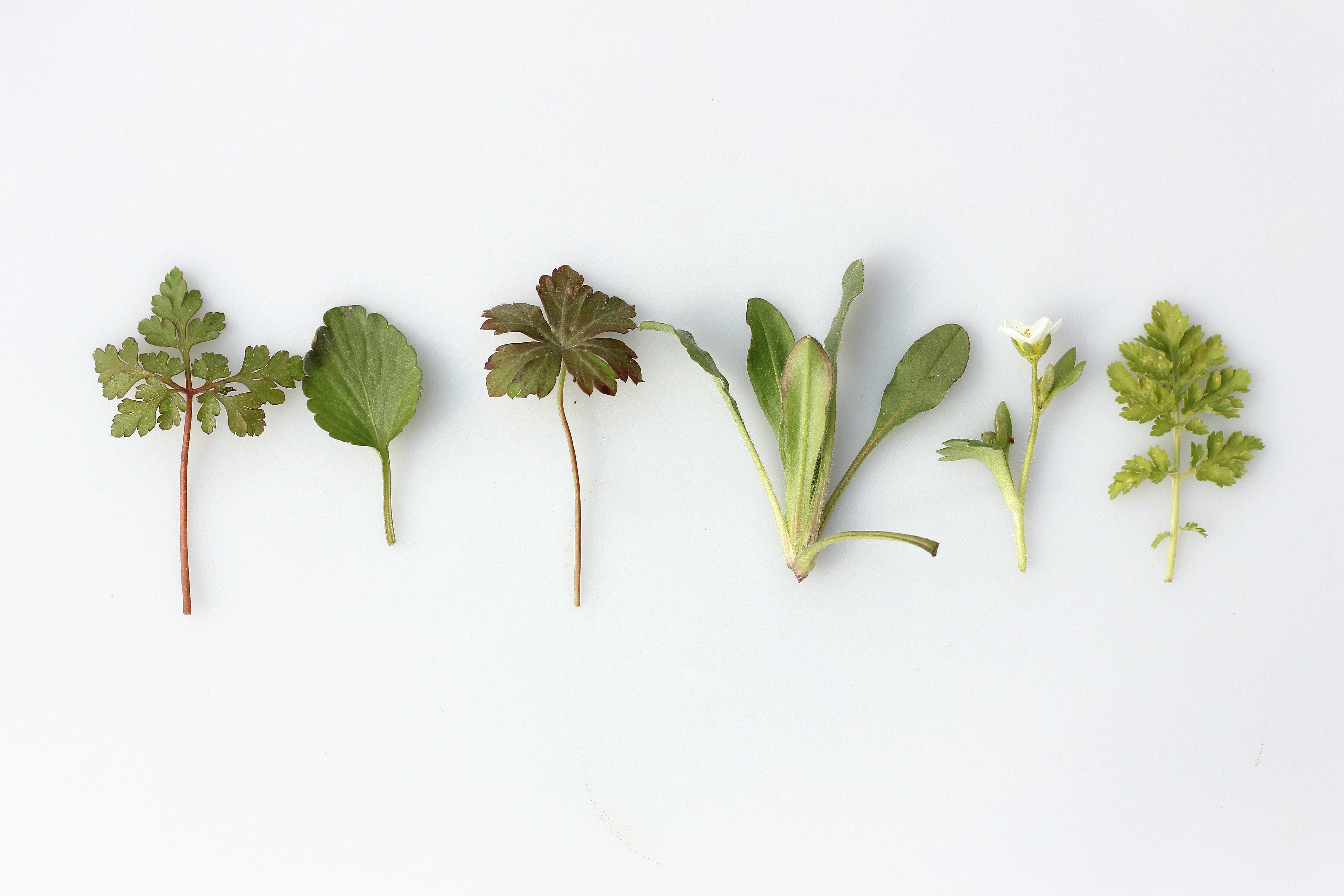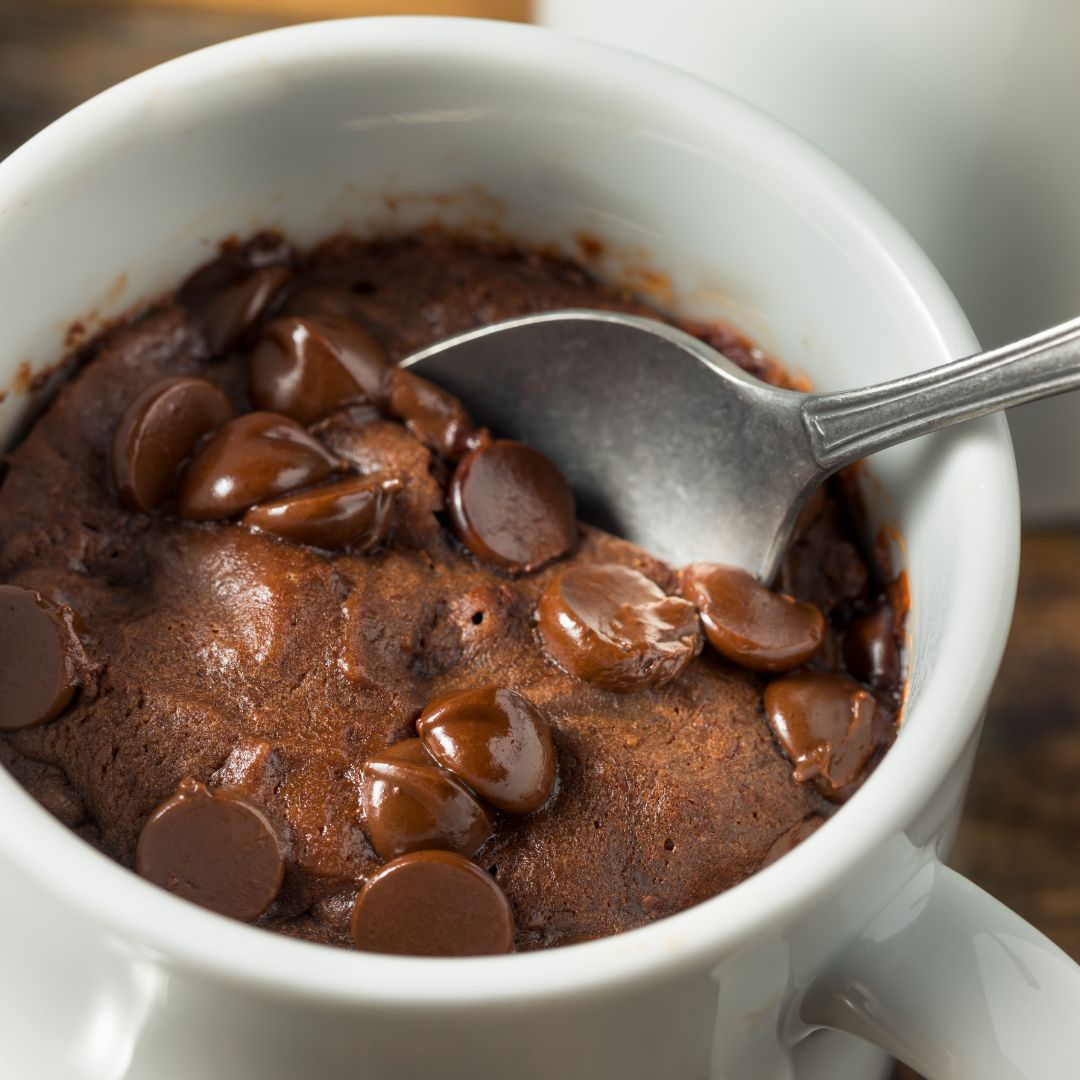Is your hair loss a symptom of perimenopause?

4 simple ways to support your hair and scalp during peri-menopause
It often begins with a few stray hairs in your hairbrush, then a few more in the shower, and gradually you begin to notice thinning areas along your hairline. Or maybe you’ve experienced changes in your hormone health and the your hair loss is much more sudden, which can be even more alarming and worrisome.
As we reach our 40’s and 50’s, the desire to maintain thick, healthy hair extends beyond mere aesthetics; it can also serve as a reflection of a person’s inner health. Female Pattern Hair Loss manifests as a general thinning of hair across the central scalp, often intensifying with age. While FPHL isn't classified as a disease, it is considered a condition that can significantly impact one's psychological well-being, potentially leading to anxiety and depression.
There are a number of factors that can contribute to this type of hair loss, including:
- stress
- nutritional status
- age
- climate
- hormonal fluctuations typically associated with peri-menopause.
Getting to the "root" cause
Due to the limited number of treatment options that are currently available for FPHL, it’s important to pinpoint the root cause of your hair loss. A recent study has revealed interesting insights into how hormonal changes during menopause influence various aspects of hair growth, such as growth rate, hair diameter, diameter distribution, and overall hair density.
In the interest of counteracting female pattern hair loss, researchers investigated the efficacy of a bark extract derived from the French maritime pine tree, known as Pycnogenol. The results of their randomized, double-blind study revealed that Pycnogenol supplementation led to a noticeable increase in hair density among menopausal women—up to a 30% improvement when compared to a placebo.
This impressive outcome is likely attributable to the antioxidant and anti-inflammatory properties of Pycnogenol, along with its capacity to enhance microcirculation, which can be adversely affected by hormonal shifts in women.
Here are our top tips for hair care during peri-menopause:
1. Support Microcirculation: If you're experiencing hormonal changes, contemplate incorporating a Pycnogenol supplement into your regimen to bolster scalp microcirculation. Even the gentle pressure of a scalp massage can improve circulation, so try to incorporate a massage each time you wash you hair. (Side benefit: it's a great tension-reliever too!)
2. Eat a Nutrient-Rich Diet: Consume a well-balanced diet, and consider taking a full-spectrum multivitamin that contains essential elements like biotin to ward off nutrient deficiencies that can contribute to hair loss and thinning.
3. Boost your Protein Intake: Aim to maintain an adequate protein intake, targeting approximately 1 gram per kilogram of your body weight daily. Protein is a vital component for healthy hair, and many women do not get enough in their day to day diet.
4. Add in Building Blocks like Omega-3 Fatty Acids and Collagen: Nourish and fortify your hair follicles by including omega-3 fatty acids and collagen in your diet. Flax seed, salmon, chia seeds and bone broth are excellent foods to include for healthier hair. Alternatively, you can seek out collagen-generating nutrients such as orthosilicic acid, which is also vegan, to support your hair's vitality.
Hair loss is stressful at any age. By following these suggestions, you can be proactive in maintaining and enhancing the health and appearance of your hair.
Did you know? The antioxidant power of Pycnogenol is 20 times greater than vitamin C and 50 times greater than vitamin E.
Pycnogenol is increasingly recognized as beneficial for improving symptoms of perimenopause, when the body’s natural antioxidant defences, collagen, and hyaluronic acid production begin to decline.
 Natural Factor's Pycnogenol® French maritime pine bark extract is extracted from the bark of pine trees (Pinus pinaster) grown exclusively in Les Landes de Gascogne forest in southwest France near the famous Bordeaux region. The forest is an unspoiled and natural plantation with no pesticides and no herbicides. As one of the most potent natural scavengers of free radicals, Pycnogenol® mops-up aggressive radicals before they cause damage by oxidative stress. Additionally, it supports healthy inflammatory response to oxidative stress and helps generate collagen and hyaluronic acid for smoother, more elastic skin.
Natural Factor's Pycnogenol® French maritime pine bark extract is extracted from the bark of pine trees (Pinus pinaster) grown exclusively in Les Landes de Gascogne forest in southwest France near the famous Bordeaux region. The forest is an unspoiled and natural plantation with no pesticides and no herbicides. As one of the most potent natural scavengers of free radicals, Pycnogenol® mops-up aggressive radicals before they cause damage by oxidative stress. Additionally, it supports healthy inflammatory response to oxidative stress and helps generate collagen and hyaluronic acid for smoother, more elastic skin.









Leave a comment